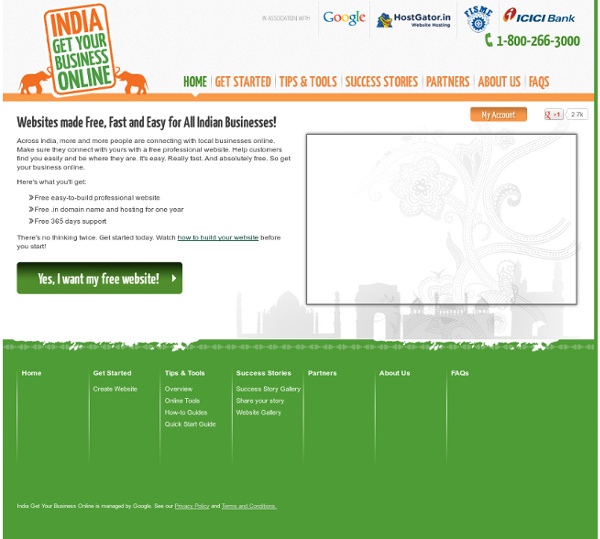



41 questions every business leader should ask (The Invisible Thread) Change is the only constant in the world, there’s no doubt about it. Today more than ever, businesses must face – and effectively manage – rising change and complexity. Uncertainty is everywhere we look. From marketplace shifts to surprise disruptions, managing this new reality is not an easy task. If you think about our organizations today, they are all part of a dynamic business network of relationships with customers, partners and suppliers that shape the way we do business. Consumer expectations are escalating and competitors and partners of any size can arise from anywhere around the globe. Bottom line is that the time is up for sitting on the sidelines. As you consider the processes that make your business run, here are 41 key questions you should ask yourself: Does your organization change effectively when it needs to? Tags: ceo business-agility business-leader featured change questions cio agile cto complexity it-leader
How to pick a co-founder &045; Venture Hacks Naval · November 12th, 2009 Update: Also see our 40-minute interview on this topic. Picking a co-founder is your most important decision. It’s more important than your product, market, and investors. The ideal founding team is two individuals, with a history of working together, of similar age and financial standing, with mutual respect. The power of two Two is the right number — avoid the three-body problem. One founder companies can work, against the odds (hello, Mark Zuckerberg). Two founders works because unanimity is possible, there are no founder politics, interests can easily align, and founder stakes are high post-financing. Someone you have history with You wouldn’t marry someone you’d just met. One builds, one sells The best builders can prototype and perhaps even build the entire product, end-to-end. The seller doesn’t have to be a “salesman” or “business guy”. Aligned motives required Pay close attention — true motivations are revealed, not declared. Don’t settle Pick “nice” guys
team building games ideas, exercises, business games and activities for corporate team building, training, management, motivation, kids activities and childrens party games teamwork Great teamwork makes things happen more than anything else in organizations. The diagram representing McGregor's X-Y Theory helps illustrate how and why empowered teams get the best results. Empowering people is more about attitude and behaviour towards staff than processes and tools. Teamwork is fostered by respecting, encouraging, enthusing, caring for people, not exploiting or dictating to them. At the heart of this approach is love and spirituality which helps bring mutual respect, compassion, and humanity to work. using and planning team-building activities People are best motivated if you can involve them in designing and deciding the activities - ask them. team exercises and events for developing ethical organizations Team-building exercises and activities also provide a wonderful opportunity to bring to life the increasing awareness and interest in 'ethical organizations'. corporate events and social responsibility Evening dinner and dance or disco. Buy a big basket.
20 ways to motivate your employees without raising their pay. It is a costly mistake to get lost in the false theory that more money equals happy employees. Believing this is costing you valuable time, revenue, employees...and even threatening your own job. Cash will always be a major factor in motivating people and a solid compensation plan is critical to attracting and keeping key personnel. But the key is that additional cash is not always the only answer and in many cases not even the best answer. Too many bonus or commission checks get cashed, spent and forgotten just that quickly. One alternative to giving commissions or bonus dollars is to give gifts through a catalog point system. The company you choose will provide you with catalogs, price sheets and point checks at no charge. The stimulation involved is long-lasting. Whenever I have implemented this program, the employees are overwhelmingly in favor of the point system as opposed to cash. With solid compensation in place, let's look at non-monetary motivation...20 steps to success. 1. 2.
Tips To Plan And Schedule Efficiently Use a daytimer or calendar that is large enough to write down what you need to do and when. You may want the page big enough to record brief facts, or telephone numbers you need to call, or short directions to where you need to go. Many ADDers find computer programs for planning and time management very beneficial. Making lists and checking off items when they are done is an excellent strategy. Learning how to make and use an outline is excellent for planning, as you are able to tell at a glance what groups of activities need to be done together and in what order. Tasks only you can do. Follow up on any tasks that are delegated.